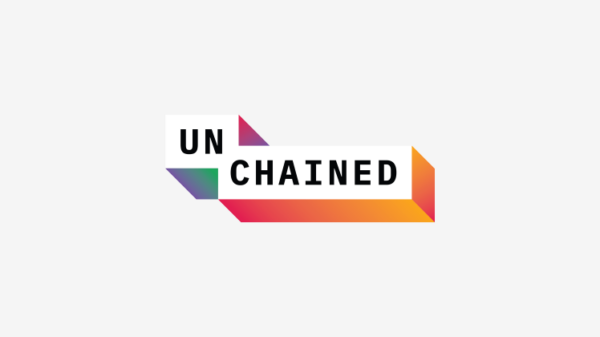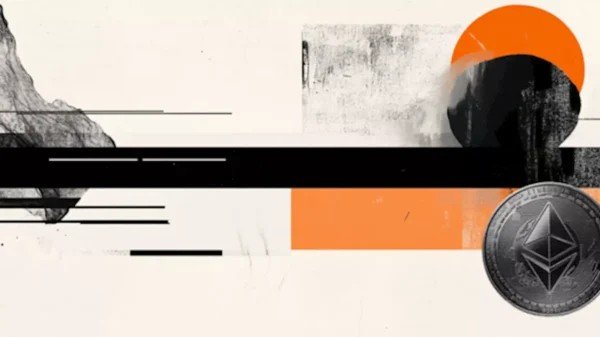In a troubling development, Pakistan has reported a staggering loss exceeding $600 million due to illegal cryptocurrency transactions this year. This surge in unregulated crypto activity has raised alarms among financial authorities as citizens increasingly route dollars through clandestine channels to invest in digital assets.
The ongoing trend poses significant challenges to Pakistan”s banking system, as more individuals opt for unregulated methods to acquire cryptocurrencies. Authorities are particularly concerned that this growing appetite for crypto could undermine their efforts to safeguard the dollar supply, which is crucial for the country”s overall economic stability.
Financial officials and exchange companies in Pakistan have voiced their concerns regarding the alarming movement of dollars into the crypto market via unauthorized routes. Malik Bostan, chairman of the Exchange Companies Association of Pakistan, highlighted that a noticeable decline in dollar sales to banks reflects this shift in behavior among consumers.
Bostan explained that individuals are now extracting dollars from exchange firms, depositing these funds into foreign currency accounts, and subsequently withdrawing the cash to purchase cryptocurrencies. This evolving pattern has led to a significant reduction in dollar inflows to local banks, creating a widening gap between deposits and withdrawals.
Last year, banks received around $4 billion in dollar sales during the first ten months, but this figure has fallen to approximately $3 billion in the same period this year. Bostan asserts that much of the missing capital has likely transitioned into crypto markets without adhering to legal frameworks.
In an attempt to stem the outflow of dollars, Pakistan”s central bank issued a directive prohibiting banks and exchange firms from dispensing cash dollars. Instead, they are now required to transfer funds directly into foreign currency accounts to enhance record-keeping and limit opportunities for illicit transfers.
Despite these regulatory measures, residents are reportedly finding alternative pathways. Exchange companies are now issuing cheques or transferring funds directly into customers” accounts, who then withdraw cash to invest in cryptocurrencies via channels that function outside of official oversight. This has facilitated the exodus of millions of dollars from the country, often without any trace.
Data from the State Bank of Pakistan reveals that commercial banks” dollar holdings increased from $4.180 billion in January to $4.625 billion. While this uptick indicates that banks possess more dollars, the inflow of dollars from exchange firms into the banking system remains weak.
Furthermore, recent statistics show a consistent decline in monthly dollar sales by exchange companies. For instance, July witnessed $280 million sold to banks, down from $333 million in the same month last year. August recorded a drop to $163 million from $295 million, while September saw a slight decrease to $186 million from $214 million. Although October”s figures improved slightly to $244 million, they still lagged behind last year”s total of $297 million.
Overall, dollar sales from July to October last year amounted to $1.139 billion, whereas this year, the figure plummeted to $873 million, reflecting a decrease of around 23 percent. Such trends indicate a growing tendency among individuals to bypass formal channels to purchase cryptocurrencies, posing a direct challenge to government efforts aimed at retaining dollars within the financial system.
Authorities are hopeful that enhanced oversight will help mitigate the substantial $600 million loss, which has eroded public trust. The objective is not to obstruct cryptocurrency activities but rather to ensure they remain within a lawful framework that supports the financial stability of the nation.















































































